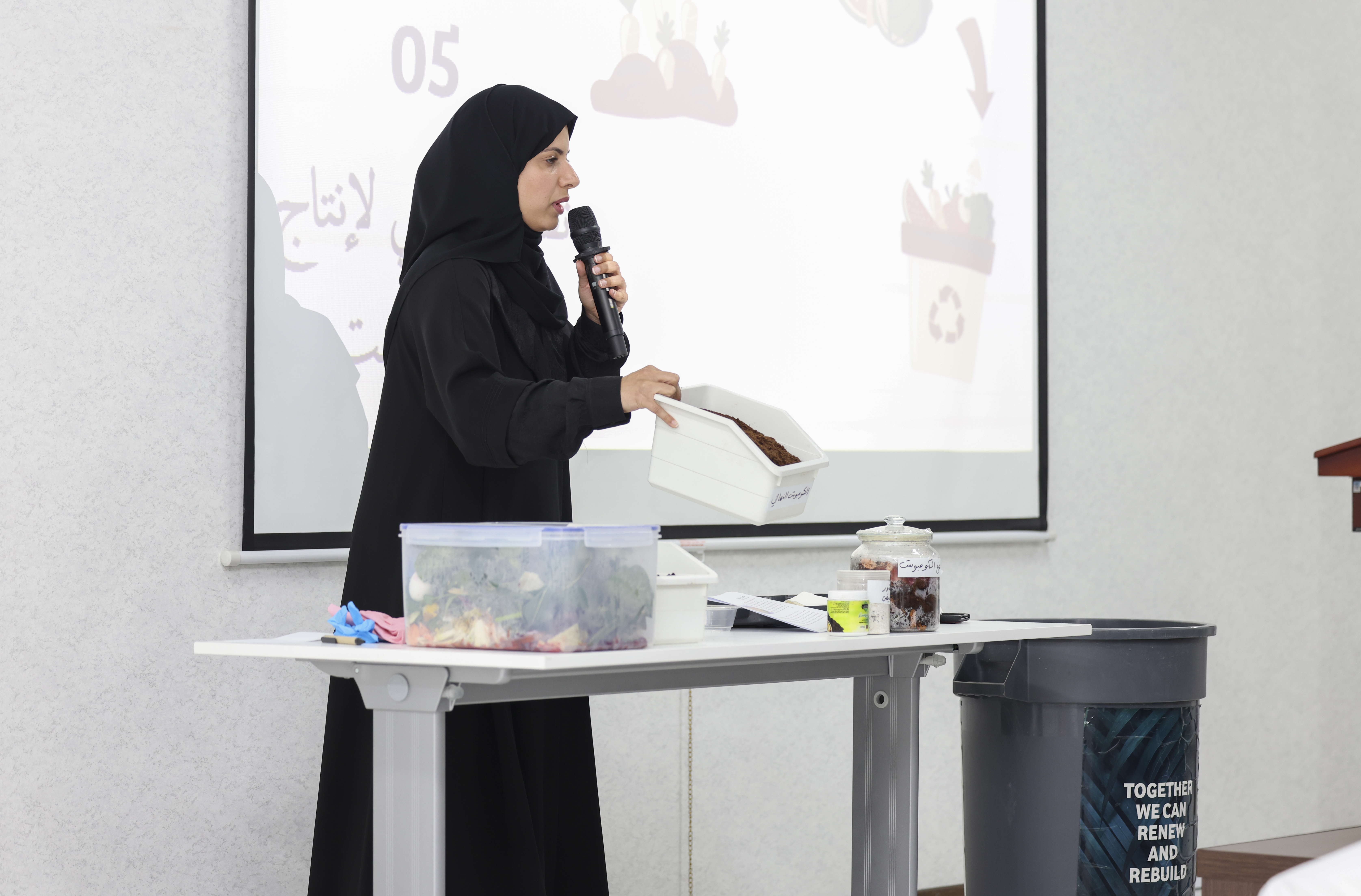
The Ministry of Social and family development fosters a culture of sustainability among productive entrepreneurs
The Ministry of Social Development and the Family, represented by the Department of Family Empowerment in cooperation with Gharsara initiative for home farming, carried out a workshop entitled "Recycling the remaining foods for the fertilizer industry, targeting productive entrepreneurs" at the Centre for Social Development in Qanat Quartier the Pearl.
The Department is committed to developing and excelling to foster a culture of sustainability and preservation of the environment, which is why this workshop has been created to support and educate productive entrepreneurs. This initiative has the benefits of reducing food waste to the municipal downstream and transforming it from an undesirable substance into a useful material that benefits plant wealth and promotes green areas. the benefit to the environment by converting materials into different products for a purpose other than that for which they were produced, such as the organic fertilizer industry, explaining the concept of sustainability and its importance for preserving the environment and reducing pollution, as well as encouraging new initiatives aimed at applying an environmental sustainability culture, such as recycling leftovers into earthy fertilizers.
The workshop was presented by Ms. Iman Jawhari, a certified trainer and member of the Gharsa Home Farming Initiative. The workshop was aimed at raising awareness in reducing waste, reducing waste and converting leftover foods into organic fertility, i.e. converting them into economic resources for the preservation of the environment, and making small enterprises sustainable in order to achieve the Qatar National Vision 2030.
During the workshop, Ms. Iman Jawhari discussed several themes including: explaining the compost concept of converting waste into resources by converting it into eco-friendly organic fertilizer and its usefulness; identifying its components; and presenting application models for some countries' projects.
She added that the workshop would enable participants to learn the principles of recycling cooked and uncooked food waste. and convert them into useful and useful materials to achieve environmental sustainability away from traditional methods that are often based on burning or dumping waste without regard to the extent of its negative and destructive effects on the environment, At the end of the workshop, participants conducted a scientific application of what they learned during the workshop, namely the production of compost. In this context, Ms. Iman emphasized the importance of fostering a culture of sustainability, as Qatar National Vision 2030 defines sustainability as meeting the needs of the current generation without compromising the needs of future generations.
Mrs. Fatima Al Nuaimi, Director of the Family Empowerment Department at the Ministry, said that out of the Ministry's interest and care for the owners of productive projects, it is keen to develop the skills and capabilities of the owners of these projects by involving them in training workshops and awareness lectures, providing auxiliary services, promoting and assisting them, raising their productivity, enhancing their efficiency, and giving them the opportunity to introduce them and promote their products by involving them in marketing outlets such as exhibitions and events organized by the Ministry in cooperation with the concerned authorities in the country.
More News
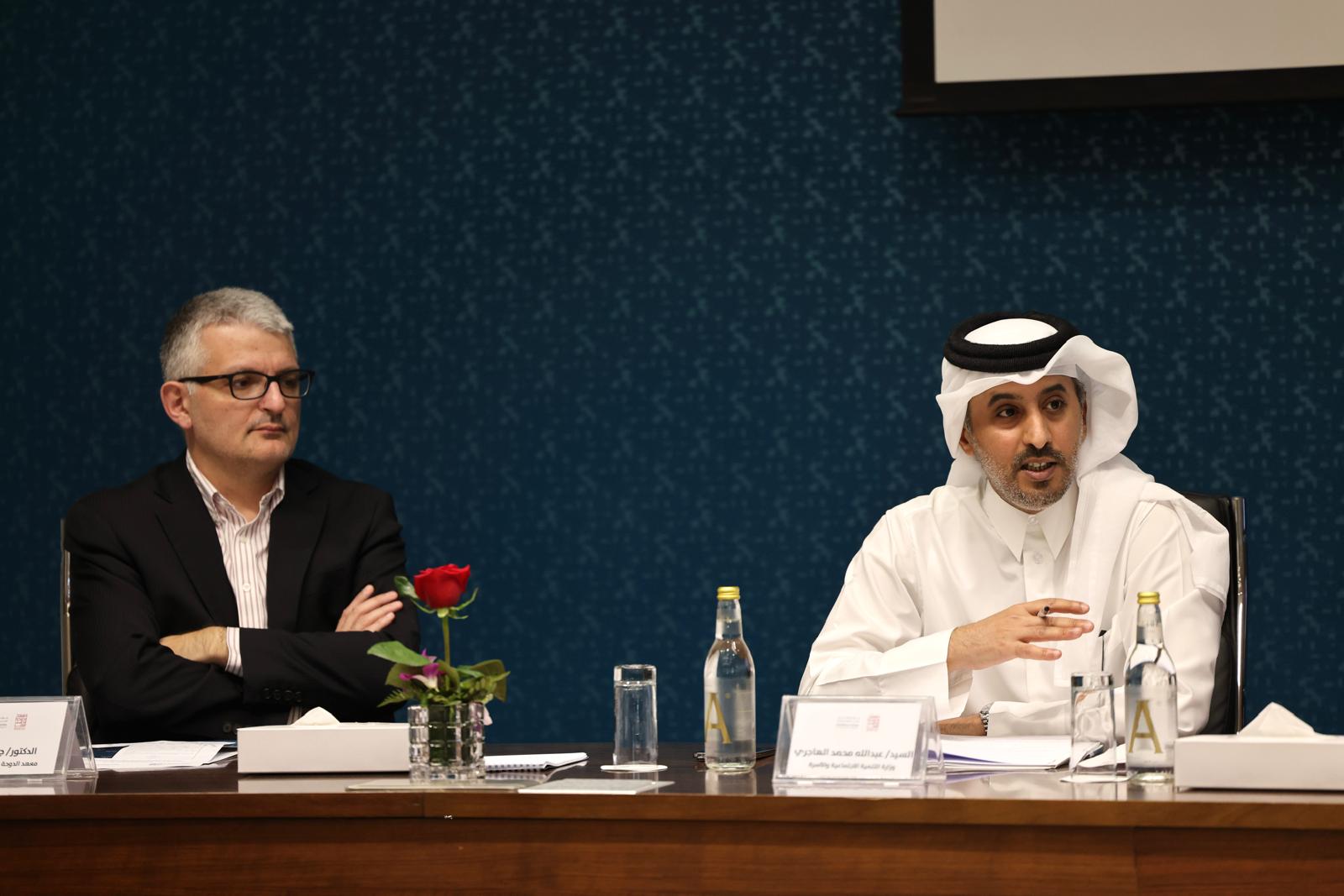
The Ministry of Social Development and Family—represented by the Private Associations and Institutions Department—in collaboration with the Excellence Center for Training and Consulting at the Doha Institute for Graduate Studies, organized a specialized panel discussion titled "Private Associations and Institutions in Qatar: Reality and Aspirations in Light of Qatar National Vision 2030."
Read more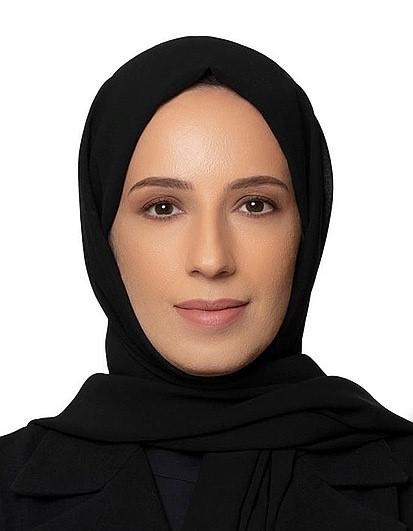
HE Minister of Social Development and Family, Buthaina bint Ali Al Jabr Al Nuaimi, participated in the 45th session of the Arab women committee, chaired by the State of Qatar, held on Feb. 10–11, 2026, which was held virtually, with the participation of Their Excellencies ministers from Arab countries, as well as representatives of the General Secretariat of the League of Arab States and relevant organizations.
Read more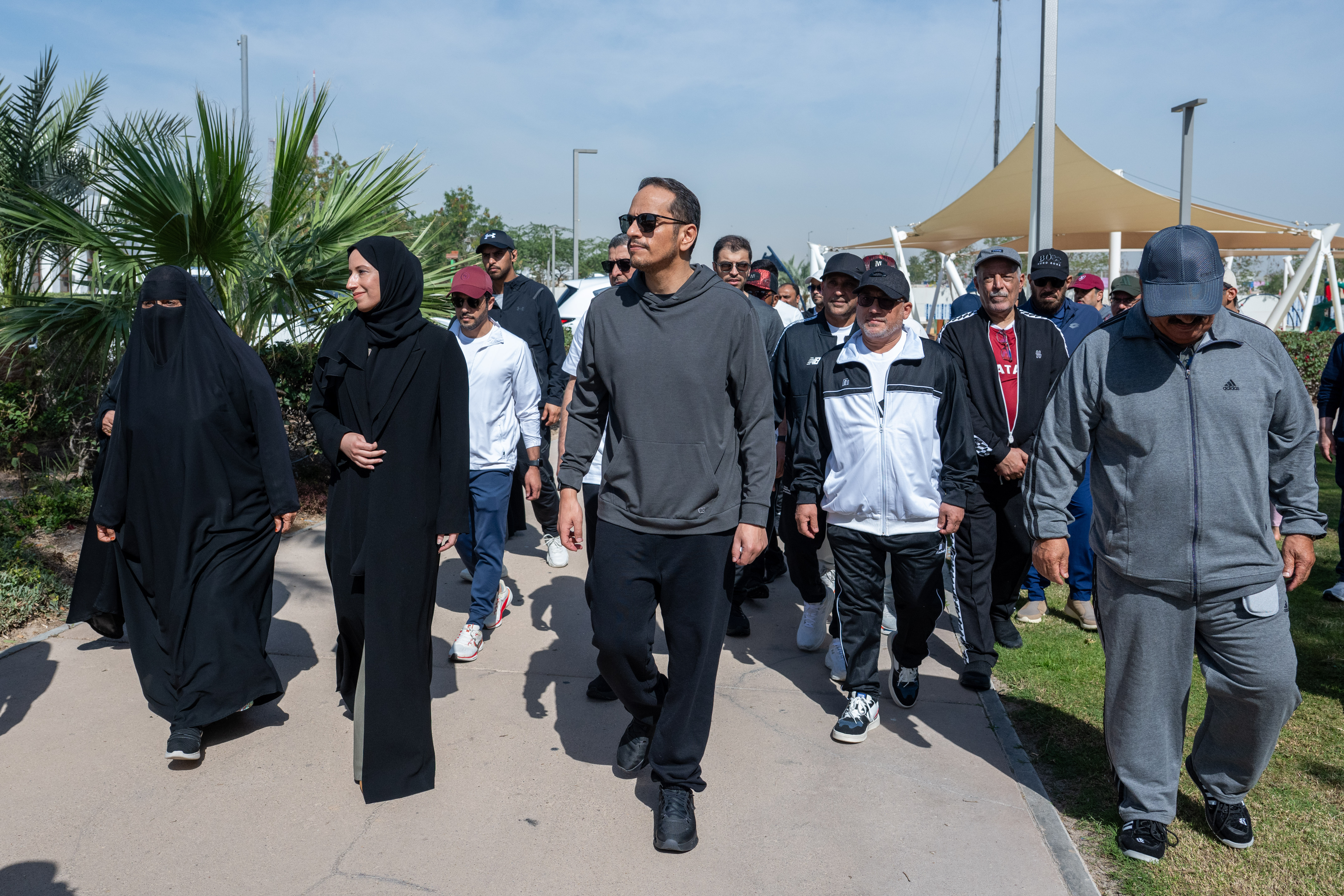
His Excellency Sheikh Mohammed bin Abdulrahman bin Jassim Al Thani, Prime Minister and Minister of Foreign Affairs, attended the 2026 National Sport Day activities organized by the Ministry of Social Development and Family (MSDF), the Qatar Foundation for Social Work (QFSW), and its affiliated centers at Al Bidda Park.
Read more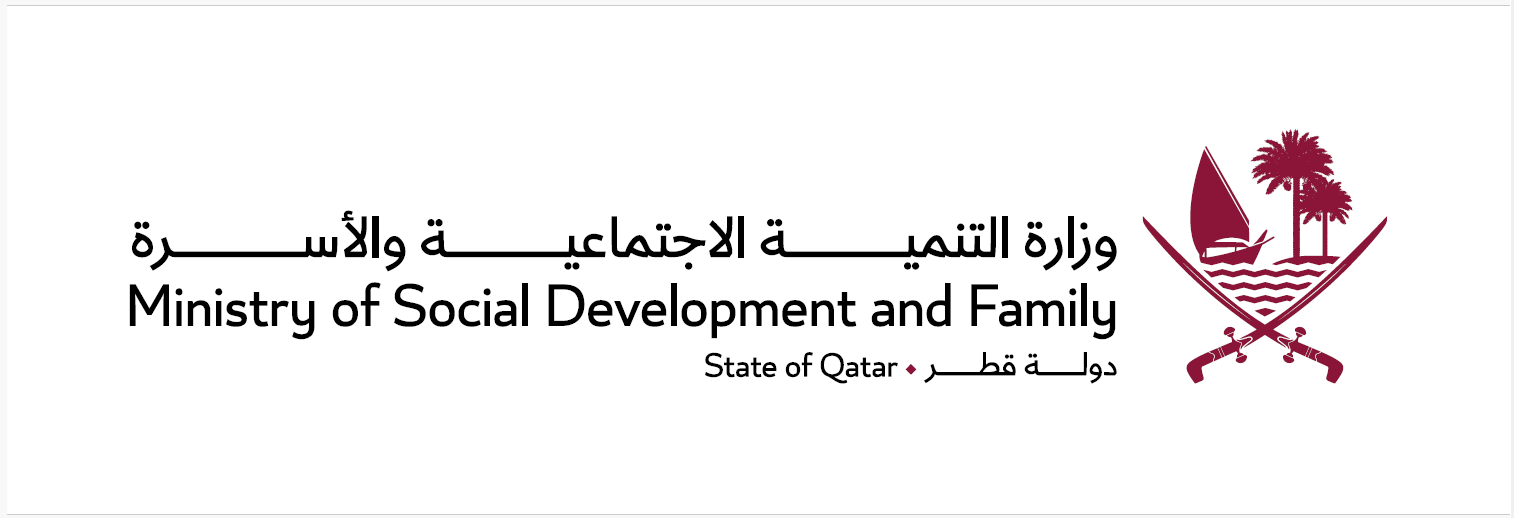
The Ministry of Social Development and Family, represented by the Family Protection Section of the Social Protection Department, is set to launch the "Gharsa Program" in collaboration with the Department of Da'wah and Religious Guidance at the Ministry of Endowments and Islamic Affairs. The inaugural event will take place on Sunday, February 8, 2026, at the Women’s Activity Building of the Department of Da'wah, from 4:00 PM to 6:00 PM.
Read more